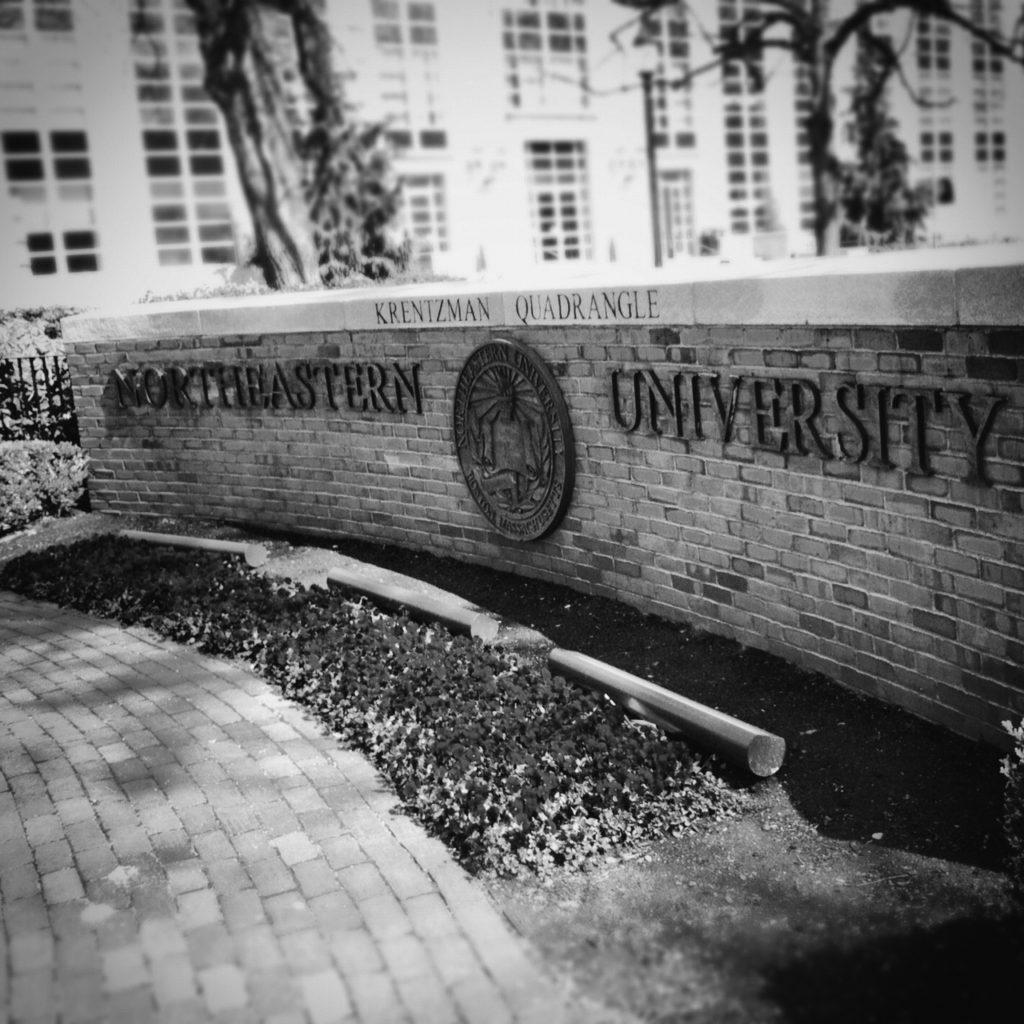By Mary Whitfill, News Staff
Looking to make the once modest, commuter school an internationally recognized name, Northeastern has recently announced plans for three new satellite campus
s across the globe. Currently, the university boasts two graduate campuses outside of Boston, one in Charlotte, N.C. and one in Seattle, Wash., but according to the office of the president, Northeastern has three additional campuses in development.
President Joseph E. Aoun is working on developing an additional west coast campus, as well as Canadian and western European branches of Northeastern. All three satellite campuses are graduate-level. Undergrads can only use those satellite campuses for co-op.
“These regional campuses benefit the university and our students here in Boston in many ways,” Renata Nyul, director of communications at Northeastern, said. “They fuel our faculty hiring efforts, create new research partnerships, as well as add new co-op opportunities.”
Details about these “developing” campuses have not been released, but a look at the current satellite campuses can lend an understanding for what to expect. Currently, the Charlotte and Seattle campuses offer graduate courses only, and a majority of degrees offered are online.
Much of the success of the current satellite campuses lie in the careful selection of the deans of Student. Both Tayloe Washburn of the Seattle campus and Cheryl Richards of Charlotte are prominent, local presences who have merged with the Northeastern community. Additionally, a majority of instructors at these campuses are not full time professors, but professionals who teach graduate courses in addition to their primary jobs.
Neither Washburn nor Richards responded to requests for comment in regards to further university expansion.
While the administration hopes these campuses will expand the student body and offer Northeastern’s services to more students, some students are concerned that it will take focus away from those who are studying at the Boston campus.
“Northeastern should be improving campus life and investing in professors, researchers and technology in Boston,” sophomore international affairs and history double major Emily Kish said. “Students here almost never hear about activities or accomplishments of the Charlotte and Seattle campuses, so perhaps NU should pay attention to students that are disconnected from the heart of the school.”
According to the Boston Globe, students at the Seattle and Charlotte campuses pay tuition ranging from $21,000 to $69,000 per degree. The annual cost of running the two satellites comes in at $3.9 million, and the campuses also pull from a $60 million university-wide effort to develop online courses and hire faculty.
Jackson Connor, a 2013 graduate of the College of Arts, Media and Design, said he feels that expanding the university is a waste of money. According to information from the US Department of Education, Northeastern has one of the highest net prices of all large, national universities.
“It makes more sense to lower tuition at home and make conditions better in Boston before they go and try to duplicate it somewhere else,” Connor said. “Northeastern stock is rising, it’s top 50 school now, it’s all about making money. I understand that universities are a business, but I would just be upset from a moral standpoint that [the university] would expand and spend money on these things as opposed to supporting the students at home, and giving scholarships. People are literally sacrificing their life savings to go to Northeastern and it seems like they don’t care.”
Kish, a resident assistant, agreed with Connor and said that before investing in brand new campuses across the globe, the administration should first focus on the failing infrastructures and struggling students in Boston.
“We have residence halls with black mold, broken furniture and broken water heaters and radiators,” Kish said. “We have classrooms with peeling paint, outdated technology and old desks. Northeastern chooses to invest in large, flashy projects and in renovating buildings seen by people on tours. Yet, kids struggle with insufficient financial aid and wonder why they get trapped in malfunctioning elevators on a monthly basis.”
While Northeastern currently has no campuses abroad, the university has long advertised its focus on the importance of international study and work experience. Currently, Northeastern offers study abroad programs and Dialogues of Civilization in 57 countries and has had students accepted to co-ops on all seven continents.
“I am very much so in support of going abroad. I have already done one dialogue which was to Bali and I’m going abroad again this summer to China,” sophomore international affairs and history double major Caroline Fried said. ”I think the new campuses will make it more feasible for students to take that leap and study abroad since the school will have a presence there already.”
While Fried sees the overseas expansion as an additional opportunity for domestic students, Connor said he thinks the current international experiences offered are enough. In addition, he said that Northeastern could lose its high standing if it expands too much.
“I studied abroad in Paris, students can study in pretty much any country if they want to, there is no reason for Northeastern to have satellite campuses abroad,” Connor said. “I think something they don’t think about [is] that whether it is helping students with co-ops or not, [expansion] can dilute, not expand, the brand. A Northeastern degree in London will not mean the same thing as a Northeastern degree in Boston, to potential employers.”









